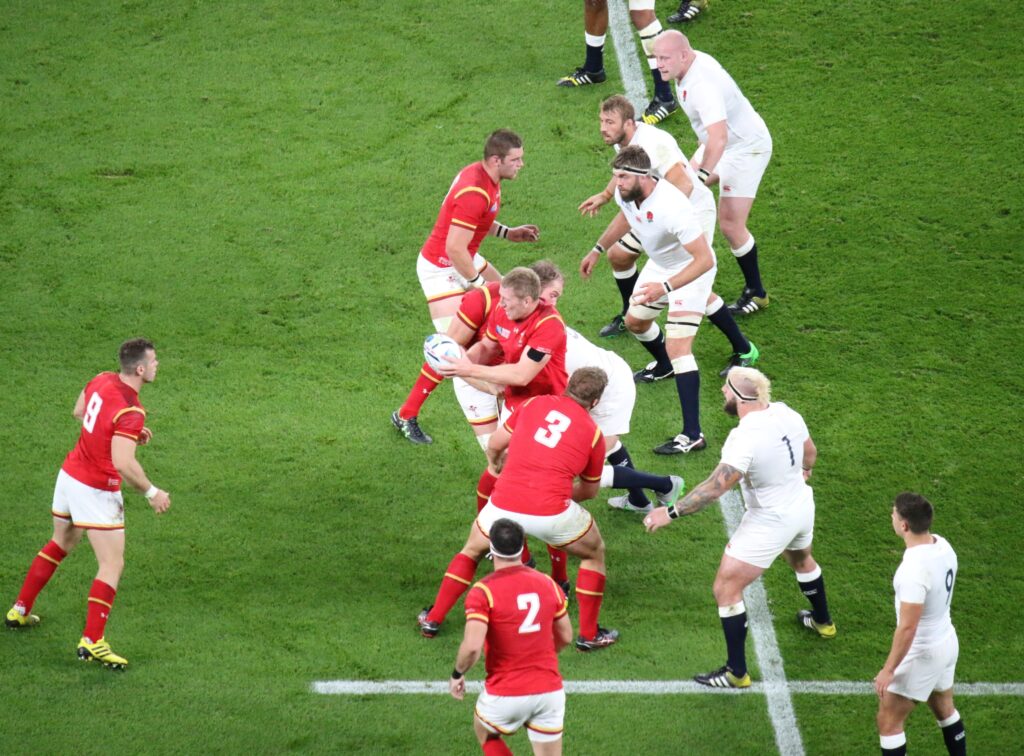Dr Arun Midha argues it’s time for the Welsh Rugby Union to tackle misogyny, racism and other forms of discrimination head on.
As a person of colour, I have shared the outrage rightly provoked by the allegations of misogyny and racism levelled at the Welsh Rugby Union following the BBC Wales Investigates programme.
I was profoundly shocked to hear that the Welsh women’s rugby ex-manager Charlotte Wathan had described a ‘toxic culture’ of sexism at the WRU and the views of Amanda Blanc, former Chair of the Professional Rugby Board, that a union-commissioned review into the women’s game was both ‘beyond disappointing’ and verged on ‘insulting to women’. To learn that the ‘P’ word has been used is beyond belief.
By the very nature of its role in Welsh life, the WRU holds a significant leadership role in Welsh society and the sporting world. It is therefore incumbent on the WRU not just to hold themselves back from discriminating. It is about setting an example by proactively promoting diversity, equality, and inclusion – in its words, behaviours, and actions.
The WRU now has a leadership opportunity to promote tolerance and inclusivity as core values for everyday life and in sports.
Sports governing bodies across the world often introduce codes of conduct as a reaction to a crisis. The United Kingdom is no different. Most recently, the England and Wales Cricket Board introduced a new code of conduct after it was charged in response to the Yorkshire Cricket club racism case. Now is the time for the WRU to do the same.
The WRU does have separate Codes of Conduct relating to players; coaches, team managers and Club officials; match officials; referee advisers; spectators; and social media and communications. Crucially, though, this list does not appear to include the WRU Executive itself, its employees or indeed its various committees. The codes contain a general statement requiring these groups not to engage in any behaviour that is likely to intimidate, offend, insult, humiliate or discriminate against any other person on the grounds of their religion, race, sexual orientation, colour or national or ethnic origin. Should the WRU be more active and specific about combating misogynistic and racist attitudes? I think so. The WRU now has a leadership opportunity to promote tolerance and inclusivity as core values for everyday life and in sports.
The WRU should go significantly further. In addition to the quite general statement on anti-discriminatory behaviour, its code could incorporate specifically the values of anti-racism and anti-sexism with a specific clause for all those involved with the WRU to actively promote anti-discriminatory attitudes and behaviours through the promotion of anti-racist and anti-sexist attitudes. This could be:
‘The WRU can only be effective when it inspires trust by setting a good example of anti-discriminatory attitudes and behaviours through the promotion of anti-racism, anti-sexism, inclusion, and diversity.’
Should not everyone connected with Rugby, not least the WRU, believe in and uphold anti-discriminatory values of anti-racism and anti-sexism? This is not about requiring those connected with Rugby and particularly those at the heart of the WRU to be ‘politically correct’ or ‘woke’. Rather, these values are rooted in basic respect for one another.
Having a code of conduct that states a general opposition to discriminatory attitudes is seldom sufficient, as appears clearly to be the case in the harrowing experiences of ex-employees of the WRU.
First Minister Mark Drakeford and MP Tonia Antonazzi have rightly demanded that the WRU take urgent and transparent action and also acknowledge the scale of the issue to restore confidence. Given this, in addition to developing a more specific code that demands an active promotion of anti-sexist and anti-racist attitudes, a specific and systematic training programme could be introduced to support greater understanding and develop an overarching philosophy of why diversity and inclusion matters. Perhaps this is the time for those employed by the WRU and the elected representatives on its committees also to undergo training as a demonstration of the importance of diversity and a visible commitment to improve.
All articles published on the welsh agenda are subject to IWA’s disclaimer.





